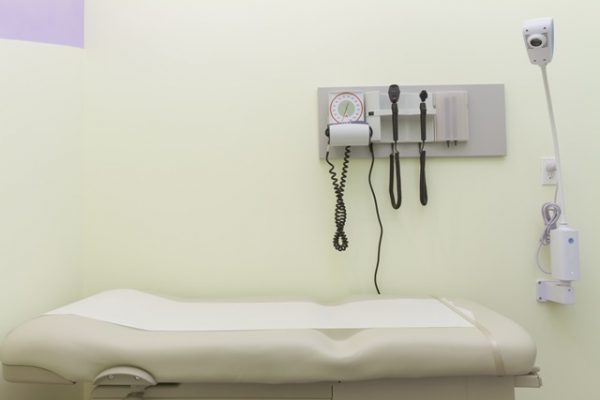Abortion rights, women of color, and LGBTQIA+ people are under attack. Pledge to join us in fighting for gender justice.
#WorstTBTEver: When Health Insurance was Out of Reach


Thanks to the Affordable Care Act the percentage of the population who is uninsured is at an all-time low. Today 91% of Americans have health insurance coverage. Among women ages 19 to 64, only 11% were uninsured in 2015 compared to 17% in 2013. In this weeks’ #WorstTBTEver blog, we focus on what it was like to be unable to obtain health insurance before the ACA. I know from firsthand experience the stress not having health insurance can put on a family and what can happen when you can’t afford needed health care.
Living without health insurance
When I was in eighth grade, my father fell off of a ladder and through a window, suffering life-threatening injuries that required emergency surgery. Several days later he was released from the hospital with a prescription for physical therapy and several thousand dollars of debt. Before he could leave, though, my mother was forced to put the entire cost of his hospital stay on her credit cards. Two years later, a similar scenario was repeated when my father had heart bypass surgery.
Even before these incidents, my family was preoccupied with the question of how to pay for health care. My sister suffered from a chronic disease which required expensive medications, regular visits to the doctor, and frequent hospital stays. She had “major medical” insurance coverage–what we would now call a catastrophic health plan— through her father’s employer. These plans have high deductibles and only cover large medical expenses. The plan was wholly inadequate for her needs but it at least covered a portion of her hospital stays. My mother lived in fear that her ex-husband would let the policy lapse, leaving my sister completely uninsurable.
I don’t know if my parents applied for and were denied insurance–my father had asthma and then later heart disease–or if the plans that were available to them were simply unaffordable. Regardless, they wanted health insurance but couldn’t get it. Anxiety around medical bills was omnipresent in my childhood. When my sister married, her husband dropped out of college and joined the military. That was the only way it seemed for them to get health insurance.
Medical debt followed my family for years. It was a weight upon us. My parents were still paying for my father’s hospital stays when I went to college. Because it was on credit cards rather than held by the hospital, it wasn’t considered in determining my financial aid package.
I graduated from college, went to law school, and have only ever worked in jobs that come with health insurance. I am profoundly lucky. But I remember what it was like and I don’t want to go back. I want to know that I could purchase insurance if I ever lost my job. I want to know that my daughter won’t ever have to face the anxiety I faced as a child. And most importantly, I want to keep expanding access to health care for everyone.
Why the ACA matters
The burden of medical debt can haunt families for years. Most people with medical debt, like my family, don’t make a lot of money. Medical expenses can force people to drain their savings and retirement accounts and keeps them from being able to save for the future. And this carries forward. My families’ medical debt made it harder for me to pay for college.
Thanks to the ACA more people have health insurance than ever before. And those who have health insurance, are more likely to get the care they need. My father wasn’t so lucky—he couldn’t get the physical therapy he needed and now has very limited feeling and use of his arm. When my daughter was born he didn’t want to hold her for fear he would drop her.
Repealing the ACA would have a devastating effect on families. Eighteen million people could lose their health insurance, including 8 million women and girls who purchased affordable, quality health plans through the health insurance marketplaces. And those with insurance would lose important protections—like coverage for maternity care—that will make it harder for families to pay for and get the care they need. Let’s not go back.




